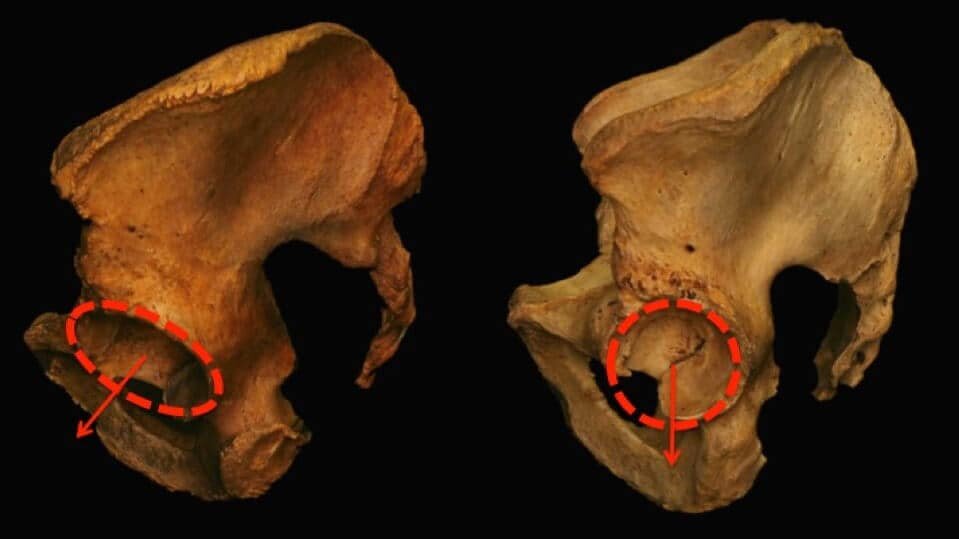You are Uniquely Made - See Amazing Images of Normal Skeletal Variations
Exploring the Immense Variation of the Human Skeleton and How it Factors into "Correct" Alignment
I'll start by saying that mindful awareness during practice is our greatest tool. Student or teacher, the power of curiosity is not to be underestimated and it is of particular importance to understand that while we all share the same anatomy (i.e. bones, organs etc), each of us is uniquely designed with bones and joints that have variation in their shape and form. While your hip socket may face straight out to the side, the hip socket of the yogi next to you may face more forward. This difference in orientation completely changes the way your femur descends from your pelvis (1).
To restate: as much as we crave rules of alignment, there is no one-size-fits-all and that no one experiences the same pose in the same way. Having a one size fits all approach to asana will leave many feeling as if they don't have a place in the practice.
These beautiful images from PaulGrilley.com all show the normal variation in human bones. None of them are pathological. They graphically display why no two people will ever do yoga poses the same way. If peoples’ bones are different then their joints will have different ranges of motion. (2)
Hip sockets pointing in different directions. Therefore the range of motion in different directions will be different.
Left hip socket of two pelvises. The socket of the left specimen is pointed forward and down. The socket of the right specimen pointed sideways and nearly horizontal.
Hip sockets on right hand specimen are not visible from this front view because they are oriented out to the sides rather than forward.
Two extremes of femoral torsion. Looking down on the neck/head of two left femurs. Feet parallel requires completely different femoral rotations.
Two left femurs in front view. Specimen on the left has a neck that is twice as long.
Six left femurs. Oriented upside down in this image to make it easier to show torsion in the next two images
You might ask yourself then, if everyone is different, why care about alignment at all?
I like to reframe the traditional definition of alignment and look at alignment instead as a means to support the flow of energy in the body during practice. Alignment is simply important because "correct" alignment will allow energy to flow in the body. I am saying "correct" with quotations because, as we discussed above, a good teacher knows that "correct" alignment will be different for everybody. When we define the reason to care about alignment is so that energy to flow, then we know to prioritize spaciousness over congestion; to prioritize steadiness and ease over extreme shapes and gripping; and to prioritize poses and positions that allow the breath to move through the body freely.
My wish for each of you is that this message and these images empower you in your practice to explore correct alignment for you with an open heart and an open mind. May you allow curiosity to guide you on the mat and may you invite your inner voice to always be your greatest teacher.
Hugs,
Lana Reed
Enhancing practice through education that elevates.
Explore: Wild Thing School of Yoga | Wild Thing Photography
Copyright © 2021 Wild Thing Photography and School of Yoga, LLC. All rights reserved.







